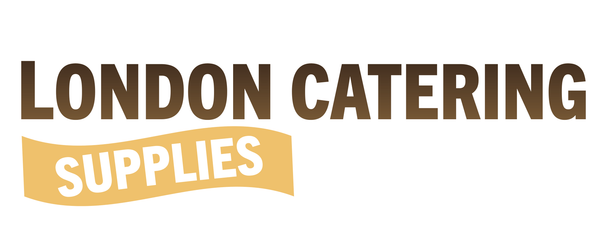
Did you know that the food sector produces 400,000 tonnes of avoidable food waste each year? This translates into staggering £682 millionwasted each year. Isn’t it absolutely shocking? And do you know how much food is wasted in a fast-food restaurant on an average? Well, it’s about 11.3% of your purchased food. So one-tenth of your food purchase cost – which is the second largest expense in the restaurant industry – goes to waste. If you’re into restaurant/catering business, this should ring some loud alarm bells.
So, now you must be thinking of ways to reduce waste in your kitchen. Well, that’s why we’re here. We’ve spent years in this industry as wholesale café/restaurant food & drink supplier in the UK. Based on our experience and learnings, we’ve outlined 7 steps that will help you reduce your food waste. Let’s get learning!
1. Don’t Overbuy
Many business owners tend to over-buy stocks so that they won’t have to order again and again. Well, this makes sense on the surface, but in reality this is one of the main reasons behind food wastage. So, no matter how good deal a London food supplier is giving you, buy things that you’ll need. Of course, keep your margins and buy a little more but not too much.
2. Store Properly
One of the main reasons behind food wastage is when the raw material isn’t stored properly and that food starts decaying. Such food doesn’t only goes to waste if not stored properly, it can cause contamination with other food items that could come into contact with the decayed items. That’s why storing right things at the right temperatures plays a key role here. We heavily suggest colour-coding your food items so that it not only reduces the waste, but it also ensures safety of the customers.
3. Keep a Stock Inventory and Delegate it to a Person
The world would be a much better place if we, as human race, start doing simple things we know we should do, but we don’t. Keeping a stock inventory sounds very cliché and obvious, but it’s true as it gets. If you know the amount of stock you have and what you’ll need, you can avoid over-buying and prevent last-minute emergencies due to unavailability of a certain food item.
We suggest you delegate to a person who’s good with numbers and managing things. In ideal case, this person should be the one who’s in charge of the purchases.
4. Inspect Food Items When They’re Delivered to You
We all know how busy place a professional kitchen can be That’s why, in our experience, many restaurants/caterers don’t spend a second in inspecting or verifying the food packaging containers that we deliver.There could be more/less food items than you ordered and there’s also a possibility of food being contaminated. As a result, this often turns into wastage of food, which of course you don’t want. So, start inspecting!
5. Keep a Track of Food Wasted
It’s surprising how much a tiny bit of information could help you with your food business. If you keep track of all the food being wasted, you’d come to know about the reasons/patterns behind it. Such simple analysis can take you to the root of the food wastage and you can take right steps to prevent it.
6. Train Your Employees to Reduce Food Waste
When we’re cooking, we’re not even aware that we’re wasting the food. This happens to the best of us. That’s why, everyone in your kitchen – even the ones who’re not involved in the food preparation – should be given a proper training to tackle food waste. This training won’t change everything overnight, but it’ll surely form an awareness, which is a key in such matters.
7. Donate Leftover Food to Charity
Charity begins at restaurant, we tell you! Every restaurant generates a staggering amount of leftover food. And the worst part is, a good portion of this food is in a perfectly edible shape. So, why shouldn’t you donate leftover to a charity? It’s a win-win!

